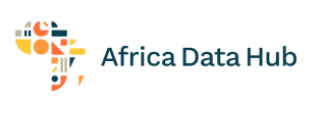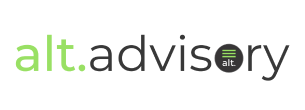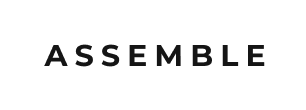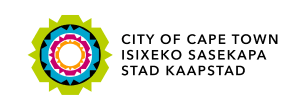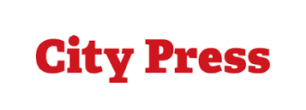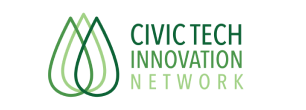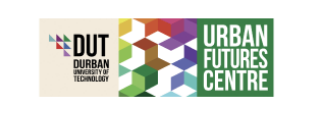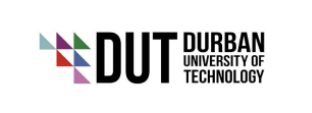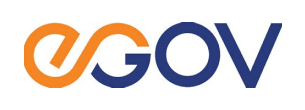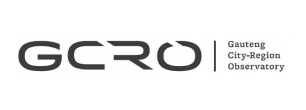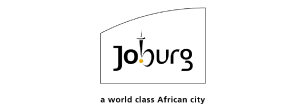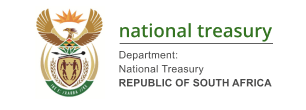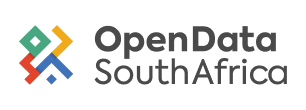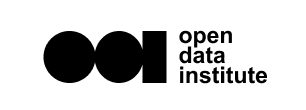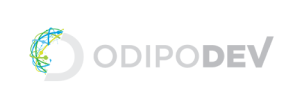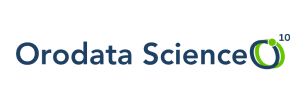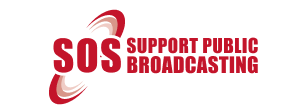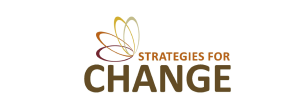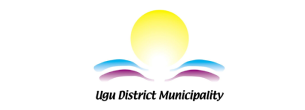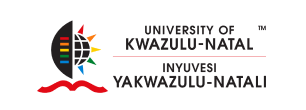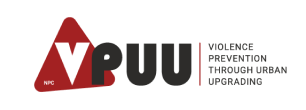
Our vision is to build African cities where every resident regardless of income, identity or location can access essential services they need with dignity and ease
Why Work with Open Cities Lab
OCL is not just another civic tech implementer. We are specialists in co-developing digital and data systems with local governments across Africa – systems that are designed for real-world uptake, built with modular, open-source technologies, and grounded in a deep understanding of how public institutions, residents, and service delivery systems interact.

A decade at the coalface
Proven track record of building digital tools that respond to the real-world challenges of local government especially in low-capacity, high-complexity environments.
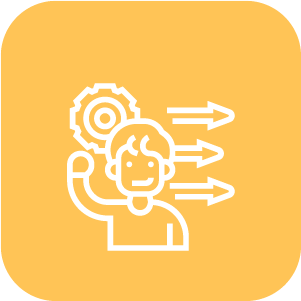
African-Centred Design

Not a Consultancy
We come alongside institutions to build lasting capacity and trust, not one-off tools. We don’t deliver and disappear. We build together.

Built for Scale, Rooted in Context
Every implementation is grounded in local needs, but designed with scale in mind—linking local delivery to regional systems and digital public infrastructure ambitions.
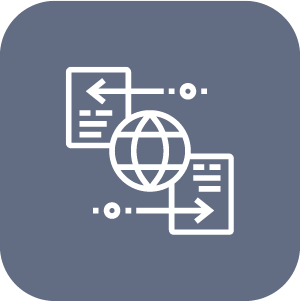
Modular, Open Source Tech
Always with an eye on scale, we are driven by open standards and leveraging existing components for reuse across countries and contexts.
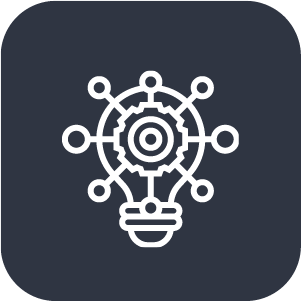
Shaping Data Culture, Not Just Tools
We know it takes more than an app. Our approach ensures that mindsets around data, its value, use and governance are shifted for sustainable impact.
How We Work
- We deploy data tools
- We create governance strategies
- We build capacity
- We connect stakeholders to one another
The Challenges We Tackle
Local governments struggle to use data effectively
National governments battle to deliver public services
Residents face weak services and broken trust
Civil society can’t drive accountability
Public services often don’t work well for the people they’re meant to serve
Our Values

We are a driven team of researchers, developers, economists, scientists, designers. Learning, growing, united by equality and open inclusion.

Alignment with the Constitution

Democracy and Transparency

Openness

Independence Equality and Inclusion

Positive Social Change
In vibrant, African urban spaces, digital and physical infrastructure at both local and national levels work together to deliver equitable, efficient, and human-centred services. So that everyday life for African communities is vastly improved and we can fully participate in shaping our future.
We are a driven team of researchers, developers, economists, scientists, designers committed to digital and data transformation in Africa.

Funders We Work With
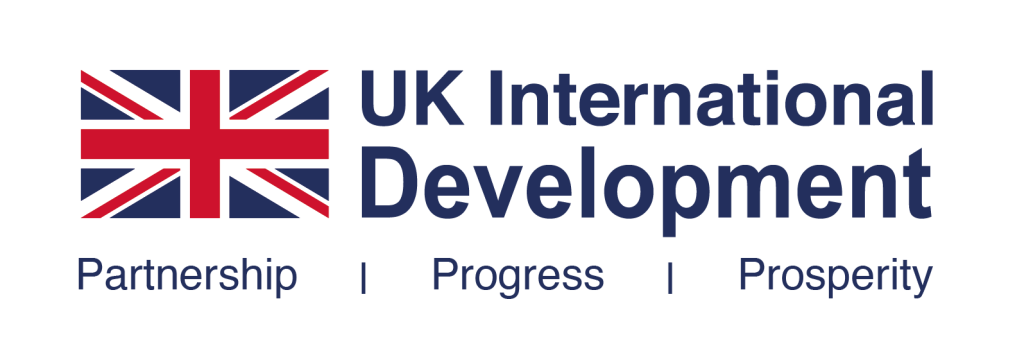
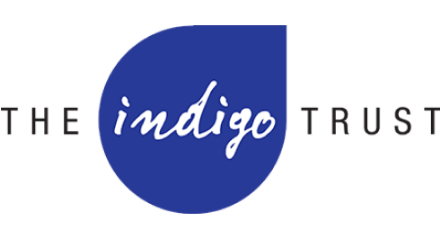
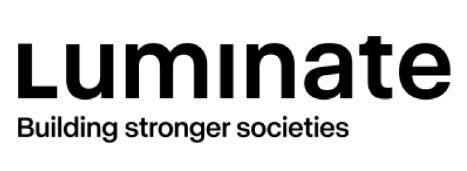

People & Organisations We Work With
